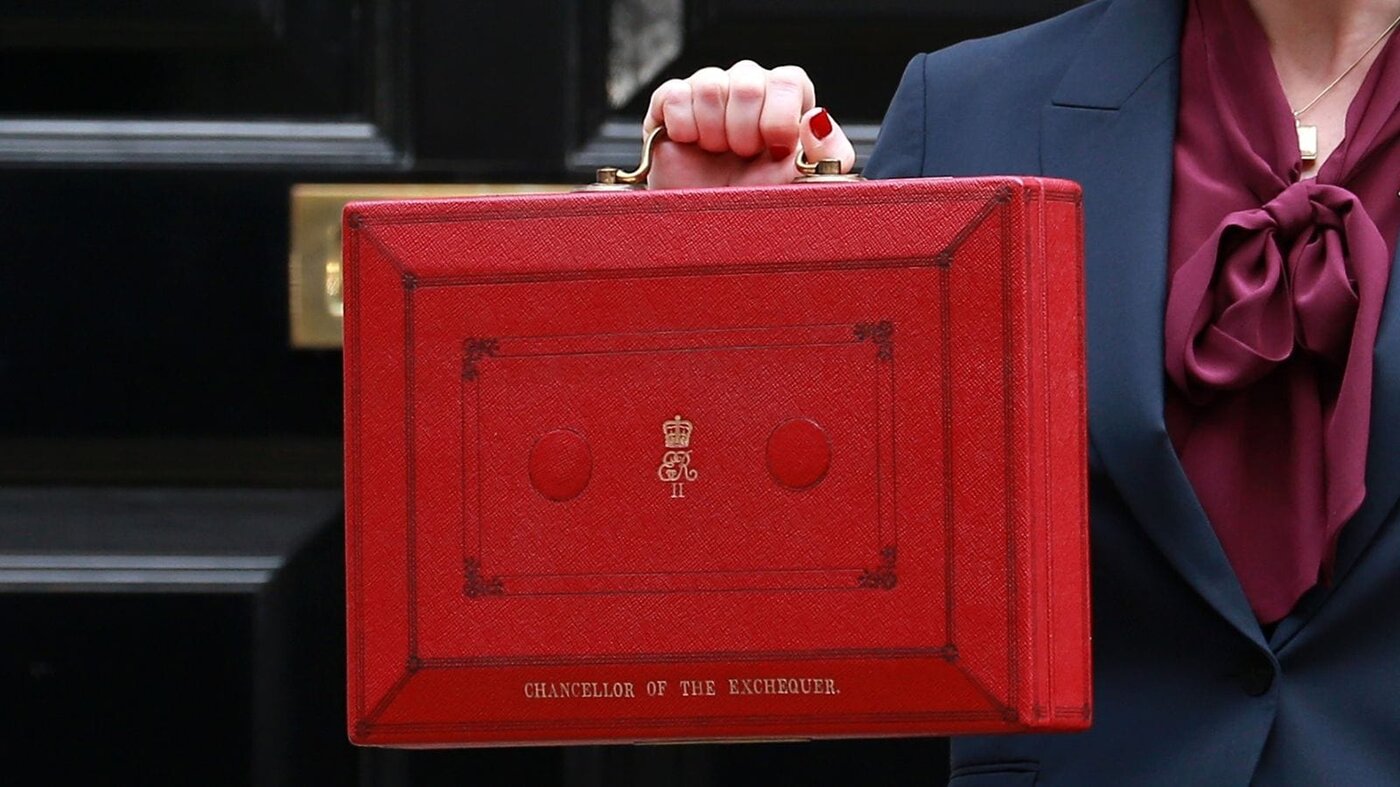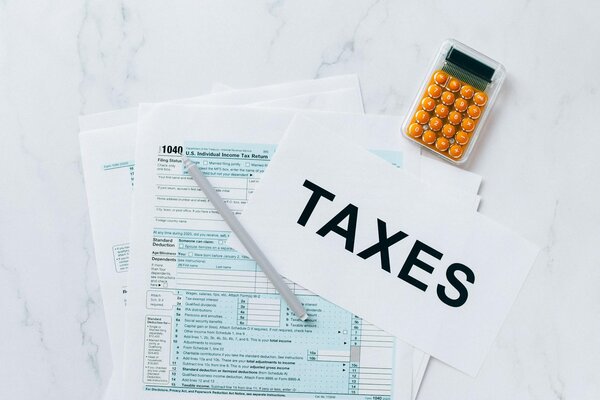Introduction
As the UK government prepares its forthcoming Autumn Budget, considerable attention is focused on potential tax changes that could shape the nation’s fiscal landscape in the coming year. The Chancellor, currently Rachel Reeves, is expected to outline a series of measures addressing corporate taxation, personal thresholds, green incentives, and broader economic strategies in the wake of ongoing economic recovery efforts.
With rising pressures from inflation, changing business landscapes, and evolving political priorities, this budget signals a pivotal moment for both individuals and businesses. Stakeholders across sectors await further clarity as the government seeks to balance revenue needs with sustained economic growth.
Fiscal Outlook for the Autumn Budget
The anticipated Autumn Budget arrives against a backdrop of persistent inflation, moderate economic growth, and ongoing recovery from the pandemic’s effects. According to the Office for Budget Responsibility (OBR), the UK faces a challenging fiscal environment, with public sector borrowing forecast to remain high throughout the financial year.
The government faces competing priorities boosting revenue, maintaining public services, and fostering investment. Chancellor Rachel Reeves has emphasised the need for robust fiscal measures. During recent statements to Parliament, Reeves said the government “remains committed to restoring economic stability and supporting families and businesses through responsible tax and spending decisions.”
Experts anticipate that the Autumn Budget will pursue a careful balance, aiming to reinforce public finances without stifling economic activity.
Corporate Taxation: Prospects and Proposals
One of the most closely watched areas is corporate taxation. Corporate tax currently stands at 25 percent, a rate that was raised in April 2023 from 19 percent for larger companies (those with profits exceeding £250,000), while smaller firms continue to benefit from a lower marginal rate.
Business leaders have urged the government to avoid further hikes, citing concerns over international competitiveness. While no official announcements have been made regarding further rate changes, speculation continues about possible targeted reliefs or adjustments to support investment.
Treasury officials have also been reviewing the effectiveness of current reliefs, such as the “full expensing” rules for capital investment, which were extended in the last budget. According to HM Treasury data, uptake of such reliefs “has remained strong, underscoring their importance for business confidence and growth.”
Personal Taxation and Threshold Adjustments
On personal taxation, freezes on key thresholds including the personal allowance and higher-rate income tax band have drawn scrutiny. Since 2021, the personal allowance (£12,570) and higher-rate threshold (£50,270) have been frozen until 2028. Analysis by the Institute for Fiscal Studies (IFS) suggests this could raise an additional £25 billion annually by 2027–28, as wage inflation pushes more individuals into higher tax brackets.
Calls for relief on these frozen thresholds persist, particularly amid the cost of living crisis. There have been suggestions that the government could look at minor increases to soften the impact on “fiscal drag” the process by which inflation leads to higher effective tax burdens. However, given tight fiscal constraints, significant changes appear unlikely in the short term.
VAT and Indirect Tax Reforms
Value Added Tax (VAT) remains a central source of revenue, raising over £160 billion in 2022–23, according to HMRC. The standard VAT rate is currently 20 percent, unchanged since 2011. There is little indication of a rate increase, given concerns about consumer spending.
However, policymakers have been exploring simplification and digitalisation of VAT systems, including the expansion of Making Tax Digital (MTD) requirements. Recent consultations have also addressed further closing the gap on VAT fraud and evasion, reflecting the government’s desire to “modernise tax administration and protect revenue streams.”
Environmental Taxes and Incentives
The UK’s net zero commitments have placed green taxes and incentives in the spotlight. The government has already committed to expanding the UK Emissions Trading Scheme (ETS) and reviewing taxes on plastic packaging and landfill. In the previous budget, reliefs for investments in renewable energy and electric vehicles were extended.
Industry groups, such as the Confederation of British Industry (CBI), have called for further clarity and incentives to drive sustainable growth. “Long-term certainty on green taxes and support for clean investment are essential to meeting climate goals,” said a CBI spokesperson.
Proposals under consideration include enhanced tax credits for green manufacturing and a potentially broader carbon tax framework.
Final Summary
As the Autumn Budget approaches, the UK faces critical decisions on tax policy amidst economic headwinds and evolving priorities. While significant changes to headline rates for corporate and personal taxation currently appear unlikely, incremental adjustments, technical reforms, and enhanced green incentives remain on the table.
The balancing act for the Chancellor will be to deliver much-needed stability while supporting long-term investment and sustainability goals. The full implications of the forthcoming measures will become clear after the official announcement, impacting everything from business confidence to household budgets.
Ongoing stakeholder engagement and transparent communication will be central to ensuring a smooth transition. Those affected are encouraged to stay informed and plan proactively for adjustments that may arise.











